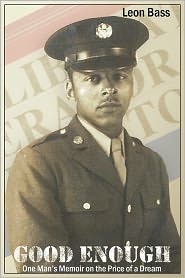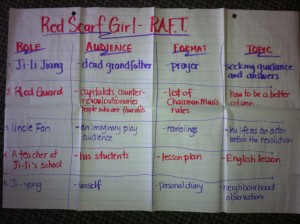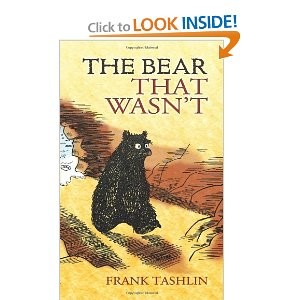Facing History Toronto is delighted to introduce five Class Sets now available for our qualified* teachers to borrow and share with their students.
Topics: Facing History Resources, Genocide and Crimes Against Humanities Course, English Classroom, Literature
Using Literature Circles to Deliver Culturally Responsive and Relevant Pedagogy in Urban Schools
Posted by Michael Grover on May 31, 2013
In “Culturally Relevant Pedagogy: Ingredients for Critical Teacher Reflection,” Tyronne Howard notes the importance of finding ways to address the growing heterogeneity of our students cultural needs to “construct pedagogical practices that have meaning to students’ social and cultural realities,” (195-6). Literature Circles are a model that I used, which I have found to be an effective tool for engaging students using differentiation. The diverse nature of my classroom, which is common for an urban school, makes it is difficult to find a single text that will engage each student in the classroom. Since those students who do not engage and read their texts are traditionally the least successful, it is important to try and find materials they will.
Topics: Urban Education, Night, Literature Circles, Lesson Ideas, English Classroom, Red Scarf Girl, Literature, English
Making Breakthroughs: Using Spoken Word Poetry to Teach History
Posted by Jasmine Wong on April 22, 2013
An innovative new collaboration taking place in Canada this spring is connecting classrooms and teaching students literacy and performance skills through the study of history and spoken word poetry. “Stand Up, Speak Out,” a four-week program designed by Facing History and Ourselves, is bringing professional spoken word artists into Grade 11 classrooms as part of a unit of study that explores the history of genocide and issues of identity, tolerance, and community.
Topics: Genocide and Crimes Against Humanities Course, Lesson Ideas, Literature
One of the challenges many teachers experience is trying to meet the needs of their diverse student population in their respective classes. Differentiated instructions strategies (D.I.) enables teachers to better meet these varied needs and in turn enables students to be successful because their needs are met at their level of readiness, interests and learning styles.
Topics: History, Middle School, Strategies, Lesson Ideas, English Classroom, Literature
Identity and Othering in "The Absolutely True Diary of a Part-Time Indian"
Posted by Leah Mauer on February 4, 2013
I’m not sure if it’s fate, or the fact that I’m a news junkie, but it seems as though I can always find a connection between what I’m studying in my classes and the news. This past term was no different.
Topics: Books, Facing History Resources, videos, Lesson Ideas, English Classroom, Literature, English
When I landed my first job as an English teacher at an inner-city high school, I knew I wanted to use the power of stories to allow my students to explore the problems that face our world. Working with students who were at-risk academically, socially, and emotionally, I had my work cut out for me. But I really was not prepared for the preconceptions that my students held, and how difficult it would be to work through them.
Topics: Books, English Classroom, Literature





